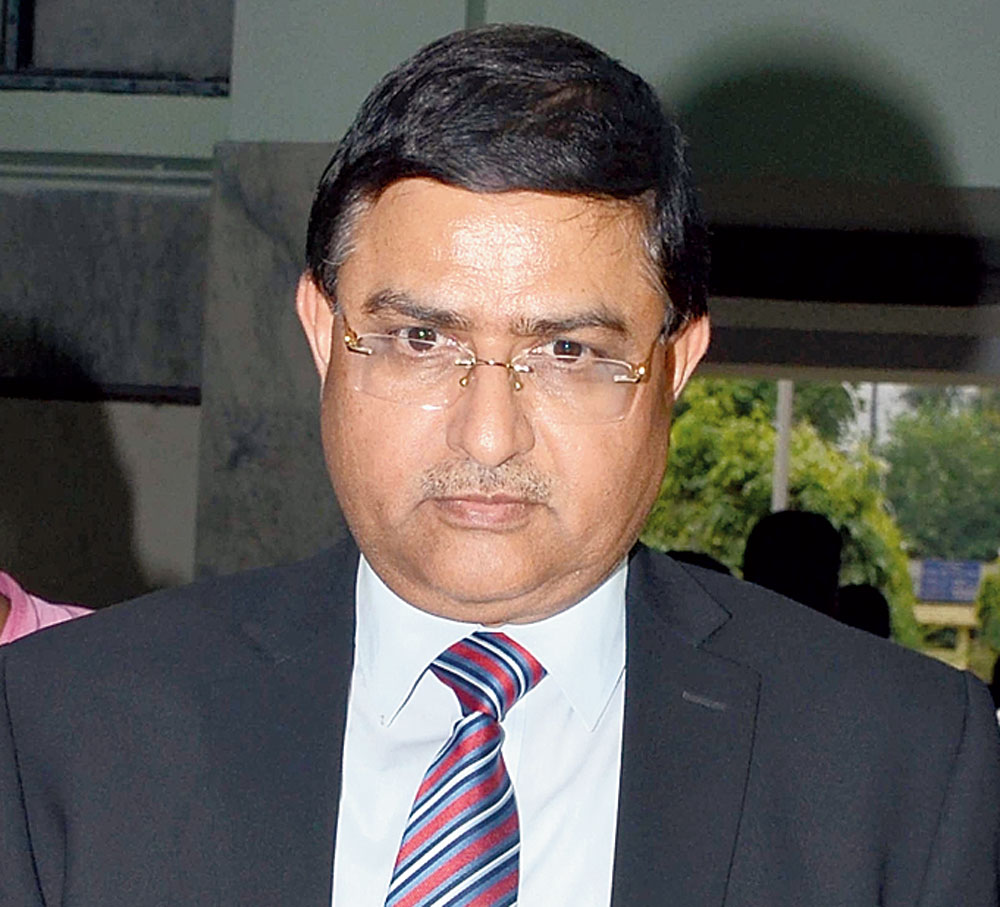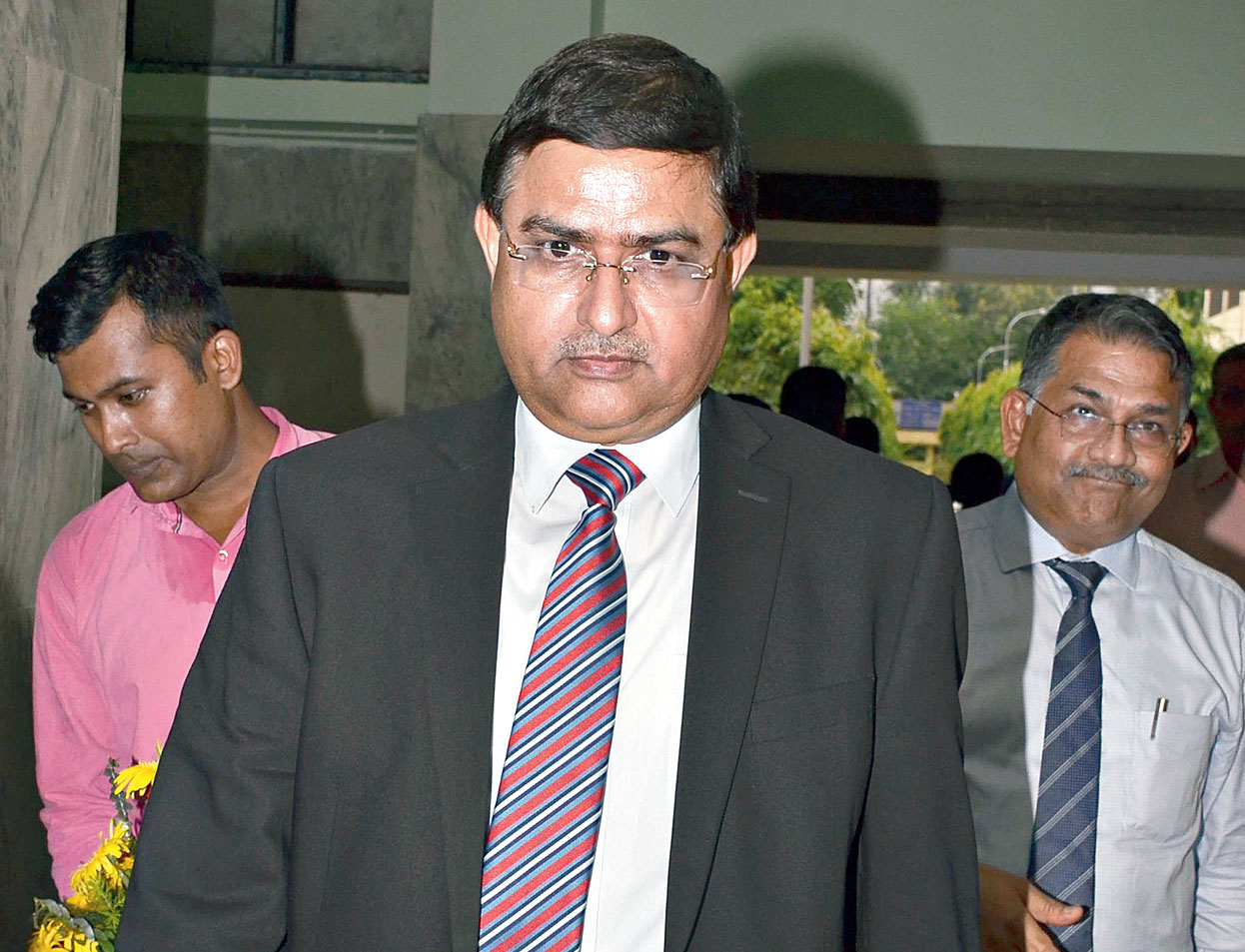Delhi High Court on Friday refused to quash the corruption FIR against benched CBI special director Rakesh Asthana, citing the immutable principle of equality that “be you ever so high, the law is above you”.
Asthana still has the option of challenging the order in the Supreme Court, where it may or may not stand, but the high court decision stands out for multiple reasons.
- It was on the basis of a raft of complaints by Asthana that the selection committee chaired by the Prime Minister removed Alok Verma as the CBI director in an unprecedented move on Thursday.
- Less than 24 hours later, by coincidence, Justice Najmi Waziri of Delhi High Court ruled that the bribery investigation against Asthana can continue and he could be offered no protection from arrest.
- The court said “the grounds of mala fide of Respondent No. 2 (Verma ) in registering the FIR are not made out. Nor can the allegations against the petitioner be conclusively ruled out at this stage.”
- Rarely has such a dramatic reversal of roles taken place so soon after a decision was taken at the highest echelons of power.
Overnight, Verma has been granted a moral victory (however fleeting it may turn out to be) and Asthana, who could convince the central vigilance commissioner and the Prime Minister of the merit of his complaints, became the target of a revived probe into the very same charge that Verma has been accused of.
The quick succession of the events appeared to be a coincidence as Justice Waziri had reserved the judgment on December 20, 2018. The day of pronouncement was announced only on Wednesday evening, by when Verma’s fate was more or less sealed.
Both Verma and Asthana have been accused of taking bribes from Satish Babu Sana, a businessman, for shielding him in a case. Allegations had surfaced that the charges against Verma, attributed to Sana, had been trumped up to corner the now-deposed CBI chief.
Asthana is considered close to the Prime Minister, a charge the Congress levelled afresh on Friday through a tweet: “We can only imagine the skeletons that will be revealed after an independent investigation by the CBI on Modiji’s blue-eyed boy.”
- Asthana is the senior-most CBI officer since the ouster of Verma. Many were speculating about his possible elevation to the top post because of his political links. But the high court ruling makes this untenable.
- On whether prior permission is needed from the Centre for prosecuting a public servant, Justice Waziri laid down an important precedent. “When the act of a public servant is ex-facie criminal or constitutes an offence, prior approval of the government would not be necessary,” the judge said.
Asthana had told the court that under Section 17A, inserted after an amendment to the Prevention of Corruption Act last year, prior sanction was mandatory for registering an FIR against a serving officer. He said the competent authority, the department of personnel and training, had issued no such sanction.
Verma, who had ordered the FIR against Asthana, had said he had received legal advice that seeking sanction was not necessary.
- The court made it clear that a person cannot seek protection on the ground that he or she is a senior officer in an investigating agency. It is in this context that the judge cited the immutable principle of equality: “Be you ever so high, the law is above you.”
- Justice Waziri underscored another cornerstone of law: innocence presumed till proven guilty.
Against this backdrop, the judge stressed the need for timely completion of investigations and asked the CBI to wrap up the probe in the bribery case within 10 weeks “to restore its credibility”.
Asthana’s lawyer said the ruling that refused to quash the FIR was likely to be challenged in the Supreme Court.
The CBI had booked Asthana and deputy superintendent Devender Kumar on October 15 on the basis of a statement from Sana.
Sana had claimed he had paid Rs 3 crore to Asthana through alleged middlemen Manoj Prasad and Somesh Prasad to secure relief in a money-laundering case involving meat exporter Moin Qureshi. Asthana was supervising the case.
Excerpts from the high court order on a petition filed by CBI special director Rakesh Asthana seeking the quashing of an FIR alleging bribery
- A public servant cannot be possibly left to be under the constant apprehension that bona fide decisions taken by him/her would be open to enquiry or inquiry or investigation on the whimsical complaint of a stranger
- Section 17A, as it reads and the legislative intent in its enactment, can only be to protect public servants in the bona fide discharge of official functions or duties. However, when the act of a public servant is ex-facie criminal or constitutes an offence, prior approval of the government would not be necessary.
- The complainant (businessman Satish Babu Sana) has alleged coercion, threat and extortion of money... but such acts by a public servant cannot be said to be in the discharge of his official function or duties. Therefore, in the present case, the approval (to probe Asthana) would not be necessary
- The grievance of the petitioners is that they are senior officers and their integrity cannot be doubted, all the more so because they are a part of the SIT of the CBI.... The law, however, is otherwise. The law does not entertain personalities. It treats all equally. India is a country governed by the rule of law. An immutable principle of equality is: “Be you ever so high, the law is above you.” We must constantly remind ourselves of the said principle in the administration of justice
- However, it is (an) equally important principle that the law presumes a person to be innocent till proven guilty. All persons against whom investigations are initiated would be presumed to be innocent till such time that they are proven guilty. The persons concerned would have to bear with the process of law. However, it is desirable that the process must come to a conclusion expeditiously











